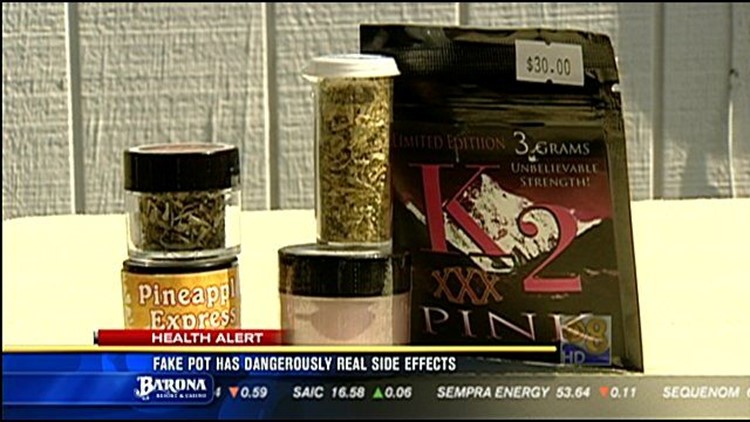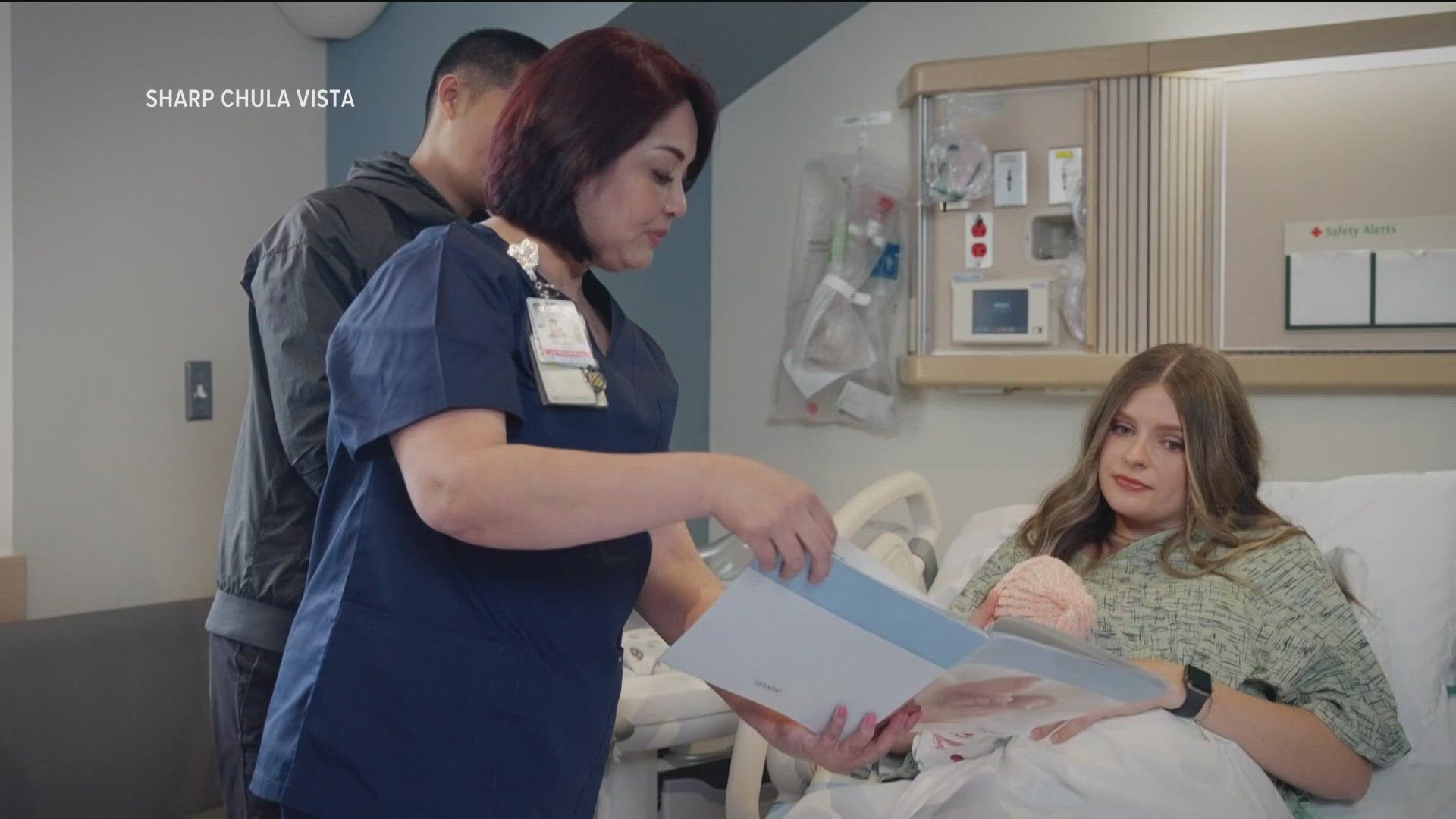SAN DIEGO (CBS 8) - Despite the ban, synthetic marijuana products remain for sale at San Diego liquor and convenience stores, giving teens easy access to the harmful drugs. That's why students, parents and others are calling on DEA agents to step up enforcement.
It didn't take long for News 8 to find a recently banned synthetic marijuana product called "spice" for sale at a local liquor store. The plant material, sprayed with THC-like chemicals, comes in small containers and packets was being offered at two for $10.
"It is now a felony under federal law to distribute, import, manufacture or otherwise be in possession of these products," DEA Acting Agent-in-Charge William Sherman said.
At Crawford High School, mid-city teens, parents, doctors and social advocates also challenged local retailers to think twice before selling spice or another brand called "K-2", or they will boycott the businesses.
"We don't think it's fair that kids can buy drugs at a corner store and the owner is not held responsible," Hoover student Abigail Figueroa said.
The laboratory-produced drugs are made to give users a marijuana-like high and are difficult to detect in urine tests. Possible side effects include hallucinations, vomiting, seizures, heart palpitations, respiratory problems and panic attacks.
"It is tragic that young people out for a good time and being cool end up sick or disabled because of spice and such substances," Scripps-Mercy Hospital emergency room physician Dr. Roneet Lev said.
The American Association of Poison Control Centers says synthetic marijuana calls are on the rise. Over the past year, they have received more than 3,000 inquiries about the fake pot.
The DEA's emergency ban of the five chemicals found in spice and K-2 will last at least a year, while the effects are further researched.
"The retailers or the liquor store owners are more concerned with making a profit off of this product because they know that the teenagers will come in a buy it," Amber Swift of Social Advocates for Youth said.
The DEA first announced their intent to enforce the ban in late November, giving retailers 90 days to remove it from their shelves. Obviously, many didn't pay attention.



